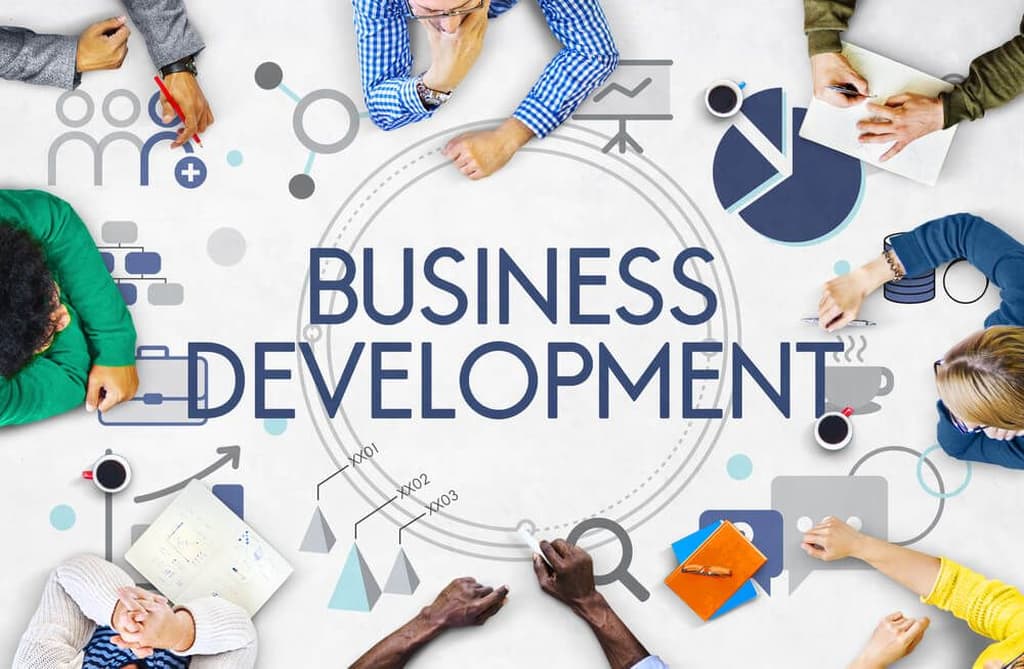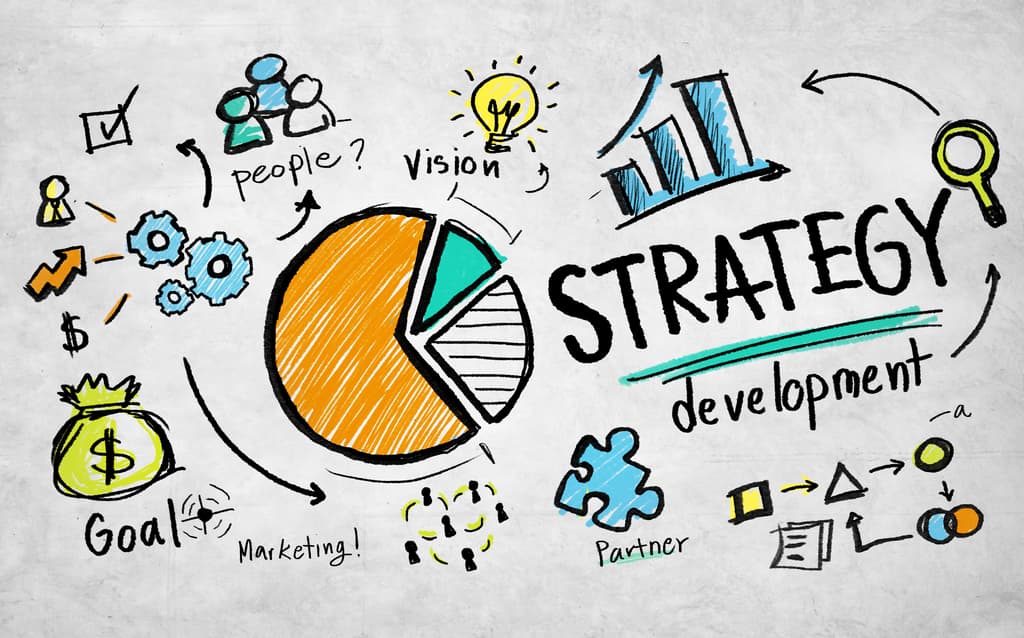
Business development is a crucial aspect of any organization, focusing on the creation of long-term value for the company from customers, markets, and relationships. It encompasses various strategies and activities aimed at growing the business, enhancing profitability, and ensuring sustainability.
This comprehensive article explores the multifaceted nature of business development, offering insights into market opportunities, strategic planning, client relationships, and future trends. Whether you’re a beginner or a seasoned professional, you’ll find valuable information to enhance your business development skills.
Introduction to Business Development
Business development involves identifying and capitalizing on new opportunities to drive growth and improve the overall health of the organization. It requires a deep understanding of the market, the ability to foster relationships, and the strategic execution of plans.
The role of business development professionals is diverse, ranging from market research to strategic partnerships, sales, and customer relationship management. Their goal is to ensure the company’s growth and adaptation in an ever-changing business landscape.
Understanding Market Opportunities
Identifying market opportunities is the first step in business development. This involves analyzing market trends, understanding customer needs, and recognizing gaps that the business can fill. Successful identification of opportunities can lead to significant growth and competitive advantage.
Market opportunities can arise from various sources, including technological advancements, regulatory changes, and shifts in consumer behavior. By staying informed and proactive, businesses can capitalize on these opportunities effectively.
Strategic Planning and Execution
Strategic planning is essential for successful business development. It involves setting long-term goals, identifying the resources needed, and outlining the steps to achieve these objectives. A well-crafted strategy provides direction and helps in prioritizing efforts.
Execution is equally important as planning. It requires discipline, continuous monitoring, and the ability to adapt to changing circumstances. Effective execution ensures that the strategic plans translate into tangible results and business growth.
Building Strong Client Relationships
Strong client relationships are fundamental to business development. Building trust, understanding client needs, and providing exceptional service are key components. These relationships lead to repeat business, referrals, and long-term partnerships.
Effective communication, regular follow-ups, and personalized interactions help in nurturing client relationships. Businesses that prioritize client satisfaction often see higher retention rates and increased customer loyalty.

Innovative Sales Strategies
Innovative sales strategies are crucial for business development. These strategies involve understanding customer pain points, offering tailored solutions, and leveraging data-driven insights to enhance the sales process. Adopting new technologies and approaches can provide a competitive edge.
Sales teams must be well-trained and equipped with the right tools to succeed. Continuous improvement and adaptation to market trends ensure that the sales strategies remain effective and relevant.
Market Research and Analysis
Market research and analysis provide the foundation for informed business development decisions. Understanding market dynamics, customer preferences, and competitive landscapes helps in identifying opportunities and threats.
Quantitative and qualitative research methods, such as surveys, focus groups, and data analysis, are used to gather insights. These insights inform strategic planning, product development, and marketing efforts.
Leveraging Technology for Growth
Technology plays a significant role in business development. It enables businesses to streamline operations, enhance customer experiences, and gain insights through data analytics. Leveraging technology can lead to increased efficiency and innovation.
Adopting digital tools, such as CRM systems, marketing automation, and business intelligence platforms, helps in optimizing business processes. Staying ahead of technological advancements ensures sustained growth and competitiveness.
Networking and Partnerships
Networking and partnerships are vital components of business development. Building a strong network of industry contacts and forming strategic alliances can open up new opportunities and resources. Collaborations can lead to shared knowledge, increased reach, and mutual growth.
Effective networking involves active participation in industry events, online forums, and professional groups. Establishing and maintaining relationships with key stakeholders contributes to the business’s overall success.
Effective Communication Skills
Effective communication is essential in business development. Clear and persuasive communication helps in conveying value propositions, negotiating deals, and building relationships. It involves both verbal and written skills, tailored to different audiences.
Listening actively, presenting ideas clearly, and addressing concerns promptly are key aspects of effective communication. These skills ensure that messages are understood and acted upon, leading to successful business outcomes.
Negotiation Techniques

Negotiation is a critical skill in business development. Successful negotiations result in mutually beneficial agreements and long-term partnerships. It requires preparation, understanding the interests of both parties, and finding common ground.
Key negotiation techniques include setting clear objectives, building rapport, and using persuasive arguments. Effective negotiators balance assertiveness with empathy, ensuring that agreements are fair and sustainable.
Performance Metrics and KPIs
Measuring performance is essential for continuous improvement in business development. Key performance indicators (KPIs) provide insights into the effectiveness of strategies and initiatives. Common KPIs include revenue growth, customer acquisition, and conversion rates.
Regularly reviewing and analyzing these metrics helps in identifying areas for improvement and making data-driven decisions. Performance metrics ensure that business development efforts are aligned with organizational goals.
Continuous Learning and Improvement
Continuous learning and improvement are crucial for staying competitive in business development. Keeping up with industry trends, attending professional development programs, and seeking feedback contribute to personal and organizational growth.
Embracing a culture of continuous improvement encourages innovation and adaptability. It ensures that business development strategies remain effective and responsive to changing market conditions.
Future Trends in Business Development
The future of business development is shaped by technological advancements, evolving consumer preferences, and global economic shifts. Emerging trends include the increased use of artificial intelligence, the growth of digital marketing, and the importance of sustainability.
Staying informed about these trends and adapting strategies accordingly will be crucial for future success. Businesses that embrace change and innovation are better positioned to thrive in a dynamic environment.
